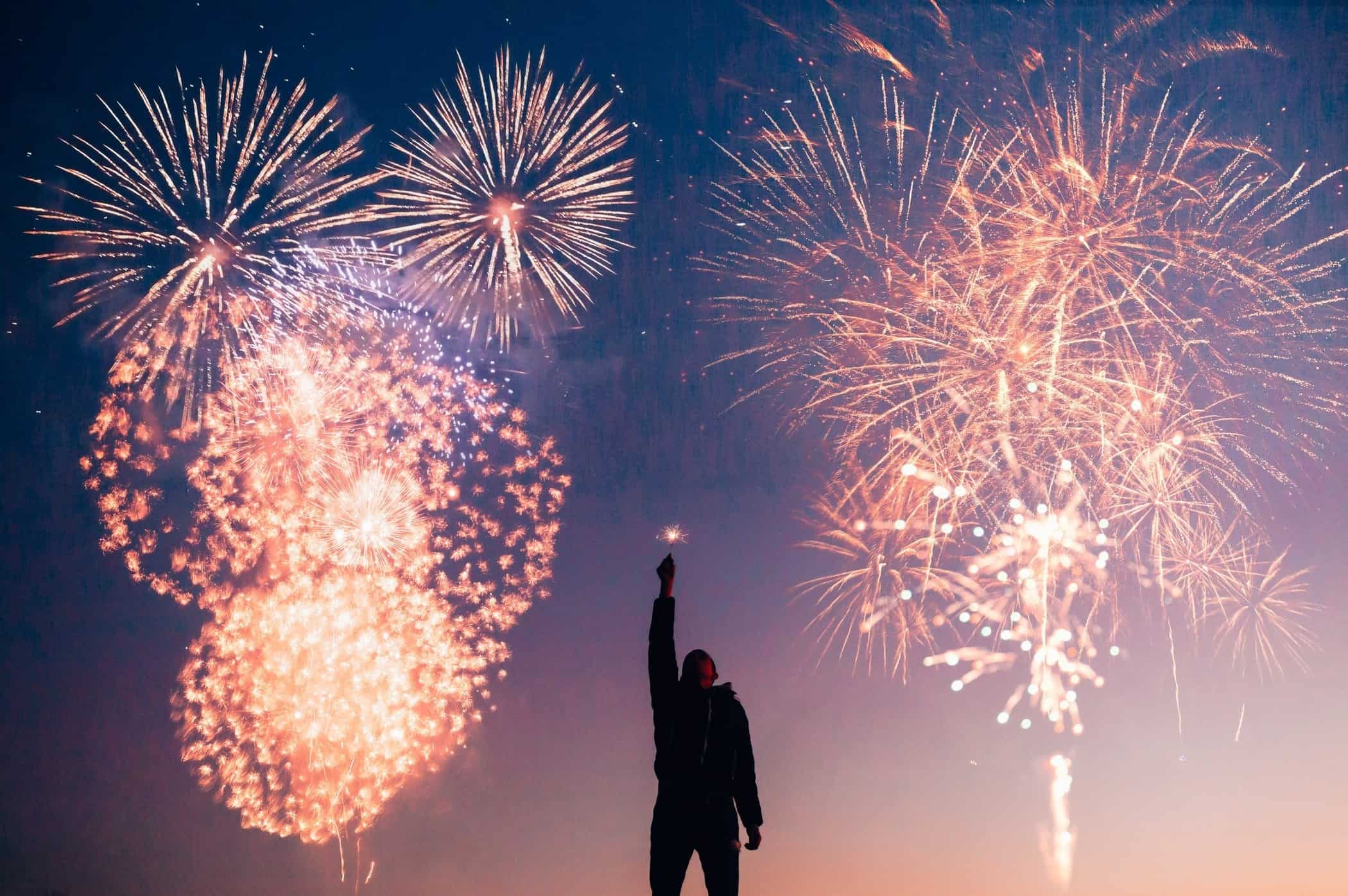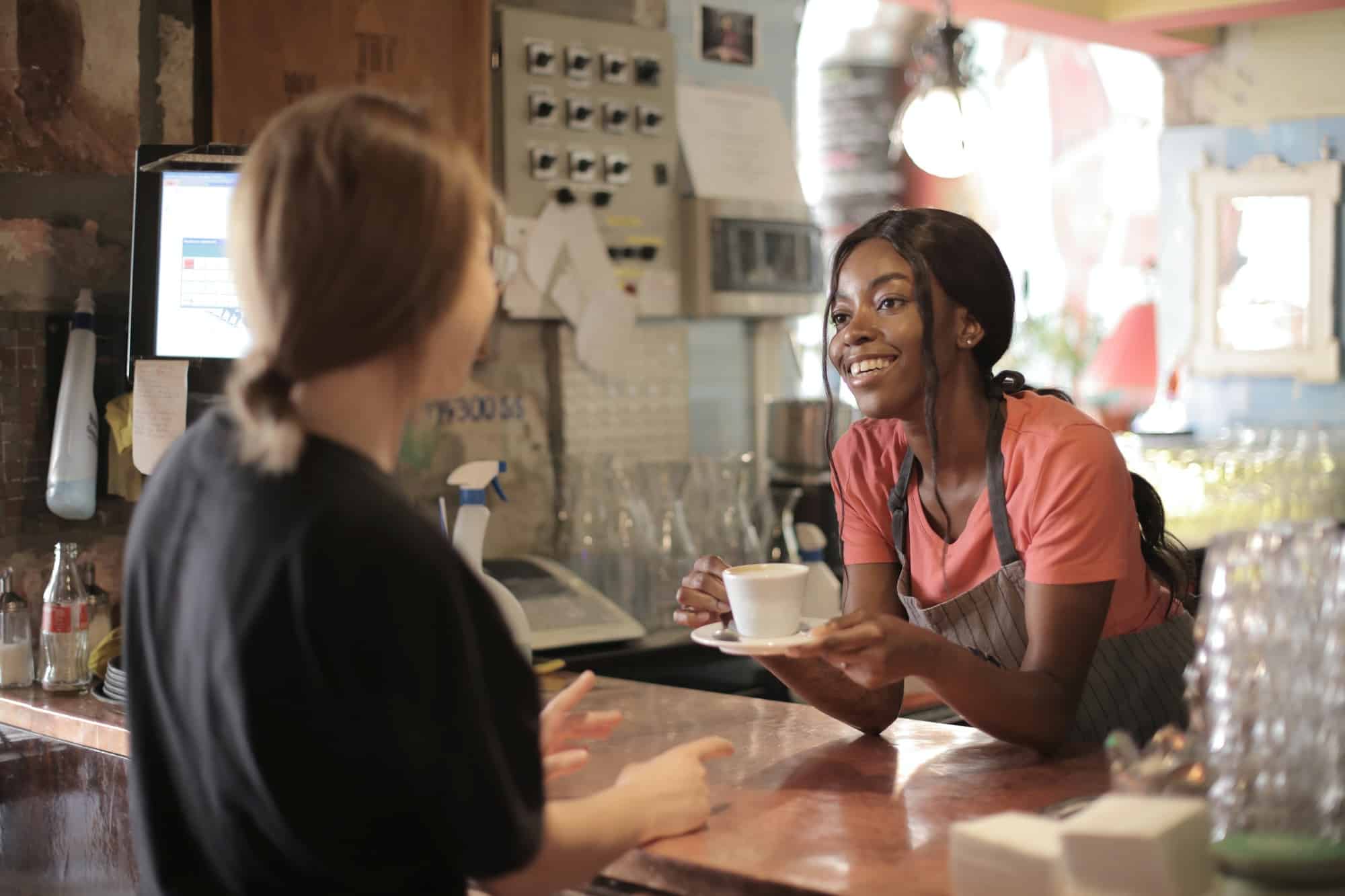That’s right. As we all know, reported by nearly every news outlet and online publication ever, in one of the final episodes of the HBO series Game Of Thrones, a mysterious out-of-place coffee cup could be spotted in one of the scenes on a table chilling with Daenerys Targaryen. How it got there was much speculated, but also beside the point. All that mattered was people on social media incorrectly assumed it was a Starbucks cup, inspiring an avalanche of memes and online chatter for days after the episode aired. Believe it or not, the estimated value of this accidental coffee cup cameo was $2.3 billion worth of free advertising.
You read that right. BILLION. And it wasn’t even Starbucks! This is the power of brand, when it becomes so ubiquitous in our culture that even the slightest suggestion can evoke it. When people see a coffee cup, their first assumption is “Starbucks. Was this some subtle / clever marketing tie-in? Not likely. Dozens of other brands arranged for official promotional tie-ins with the show – without the benefit of appearing in a single scene – including Bud Light, Mountain Dew, OkCupid and Oreo. In fact, HBO is trying to forget the mistake ever happened. The company has since edited out the cup, so the episode viewable on HBO Now and HBO Go is now an updated, “decaffeinated version.”
Previously, the GoT Twitter account joked, “The latte that appeared in the episode was a mistake. Daenerys had ordered an herbal tea.” Starbucks also responded to the error, joking that it was surprised Daenerys hadn’t ordered a Dragon Drink. This was a smart move by Starbucks, which realized it didn’t have to do much to reap the benefits of a simple misconception – just acknowledging it with humor was enough.
And yes, we realize that meme is from the other Sean Bean fantasy blockbuster, Lord Of The Rings, but it works perfectly. Plenty of brands would like to find a way into an ad-free phenomena like GoT, but happy accidents on this monumental scale are extremely rare. More often, you might get a brand who finds a low-key way to crash a party, which was the case of Fiji Water during the 2019 Golden Globes. Remember “Fiji Water Girl?” She was the model who became a literal overnight Internet sensation after she photo-bombed the red carpet while offering water to thirsty A-list celebrities.
It is estimated that this little stunt helped earn the company over $12 million in ad impressions during the broadcast. Not too shabby for hiring a model to hold a tray of water bottles and stand slightly to the left of famous people. But the story doesn’t end there… Since her viral fame (gross), Fiji Water Girl (who goes by Kelleth Cuthbert) has actually sued Fiji over a marketing campaign they engineered around her likeness, allegedly without her permission – printing cardboard cutouts of her and placing them in stores before striking a deal with her agent. Further, Cuthbert accused Fiji of dangling “gifts” under her nose to “entice” her to sign over her right of publicity. And then, there was the odd allegation that Fiji had contrived (and filmed) a simulated contract scenario to make it look like Cuthbert had officially become a brand ambassador. In short, she alleged that the water company went to great lengths to manipulate her out of a cut of the profits it made off her image.

The Wonderful Company and its spawn, Fiji Water Company, are countersuing Cuthbert, arguing that she has “bitten the hand that feeds her.” They argue that Cuthbert signed on as a water ambassador for one year, which — in exchange for $90,000 — allows the luxury label to use her “name, likeness, and performance” during that term. They say she signed a real contract, but conveniently, that she took the only copy. Meanwhile, Cuthbert says she destroyed whatever document she did sign…
Oh, what a tangled marketing web we weave! Whoever comes out on top of this legal quagmire, one thing is clear: there’s no such thing as bad publicity. If brands are smart, they are primed and ready for these moments of spontaneous social media combustion. And by smart we mean, the opposite of Poland Springs, who dropped the ball way back in 2013 when Senator Marco Rubio handed them awkward marketing gold. They didn’t acknowledge the strange moment at all, or engage with the millions of social media users who were. I mean… who does this in the middle of a State Of The Union rebuttal?
After all, there’s just no telling when and where marketing lightning will strike. One day you’re a has-been chain restaurant, where – best case scenario – people go to dine ironically, and the next you’re featured in a Beyonce song and your sales shoot up a whopping 33% percent overnight. That’s a better ROI than a Super Bowl commercial.
Money can buy publicity, but it can never buy the best type of publicity. No matter how much you spend on banner ads and performance marketing, the ROI of capitalizing on a cultural moment is priceless. And just think: the next one can happen at any… single… moment…


